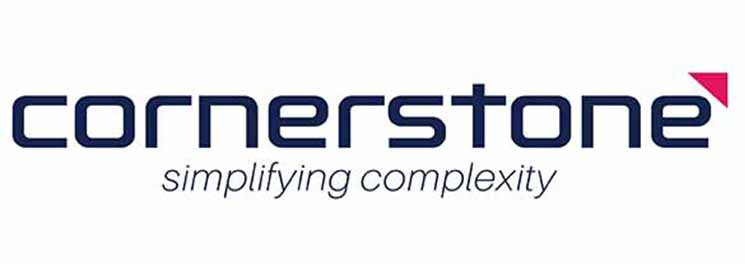By Brett Gorham, Principal Supply Chain Consultant, Cornerstone
The transformation to a value-oriented supply chain results in a more collaborative, agile and responsive supply chain that benefits both partners and customers.
The transition from a traditional cost-based to a value-oriented supply chain is a necessary step for organisations to maximise performance and profitability. The value-oriented supply chain enhances collaboration, and the ability to acquire the relevant data needed to make faster and more strategic business decisions in today’s rapidly evolving and competitive environment.
Organisations stuck in a cost-based supply chain mindset rather than an innovative value-based supply chain mindset could be inadvertently risking, or even preventing, growth.
Supply Chain: A Strategic Asset
Supply chains are much more than a conduit or cost centre, they serve as a strategic asset for an organisation and provide a pathway to operational excellence.
Organisations that decide against shifting to a value-oriented supply chain forego the opportunity to increase profits and could be left behind by competitors.
Understanding the full potential of a value-oriented supply chain enables leaders to put the right technology in place to create a sustainable supply chain that increases operating margin and grows market share.
Key Questions to Understand the Value Proposition
- Why is it important to start with the end-user customer when defining or updating an operations strategy?
- Why not start with products, suppliers/vendors or manufacturing?
- Why not leverage the same, single supply chain for all products and customers?
- Do you understand your customers and how/why they use your products?
- Can you clearly state your company’s unique, customer value proposition (for each product category)?
- Do you know what kind of service your customers demand or prefer?
The answer to these questions provides a foundation for an appropriate operations strategy
Supply chain performance matters, this often-overlooked area of a business can make or break corporate performance. Value-based supply chain principles, practices, and methods have great potential to improve a business.
There are 3 easy steps to creating a Value-Oriented Supply Chain
- Prepare Talent and Supply Chain Teams to Understand their Roles within the Bigger Picture
- Implement and Utilise Technology to Deliver Disciplined and Continued Quality Practices
- Leverage Process Changes for Consistency and Time Management
Supply chains are much more than a conduit, for they serve as a strategic asset and a path to operational excellence. Companies that decide against shifting to a value-oriented supply chain forego the opportunity to increase profits for shareholders and could be left behind by competitors.
Transitioning to a value-oriented supply chain is a paradigm shift that requires rethinking the supply chain from end to end. Taking the necessary steps to enable the supply chain to work toward providing value to the company and its bottom line should be one of a company’s highest priorities.
In a dimensional platform like Anaplan, the different planning processes, complexity and difficult calculations are pulled into one platform, sharing the data across the entire supply chain through connected planning.
Contact Cornerstone.com.au to start the journey of aligning your supply chain capabilities to your value-oriented strategy.




